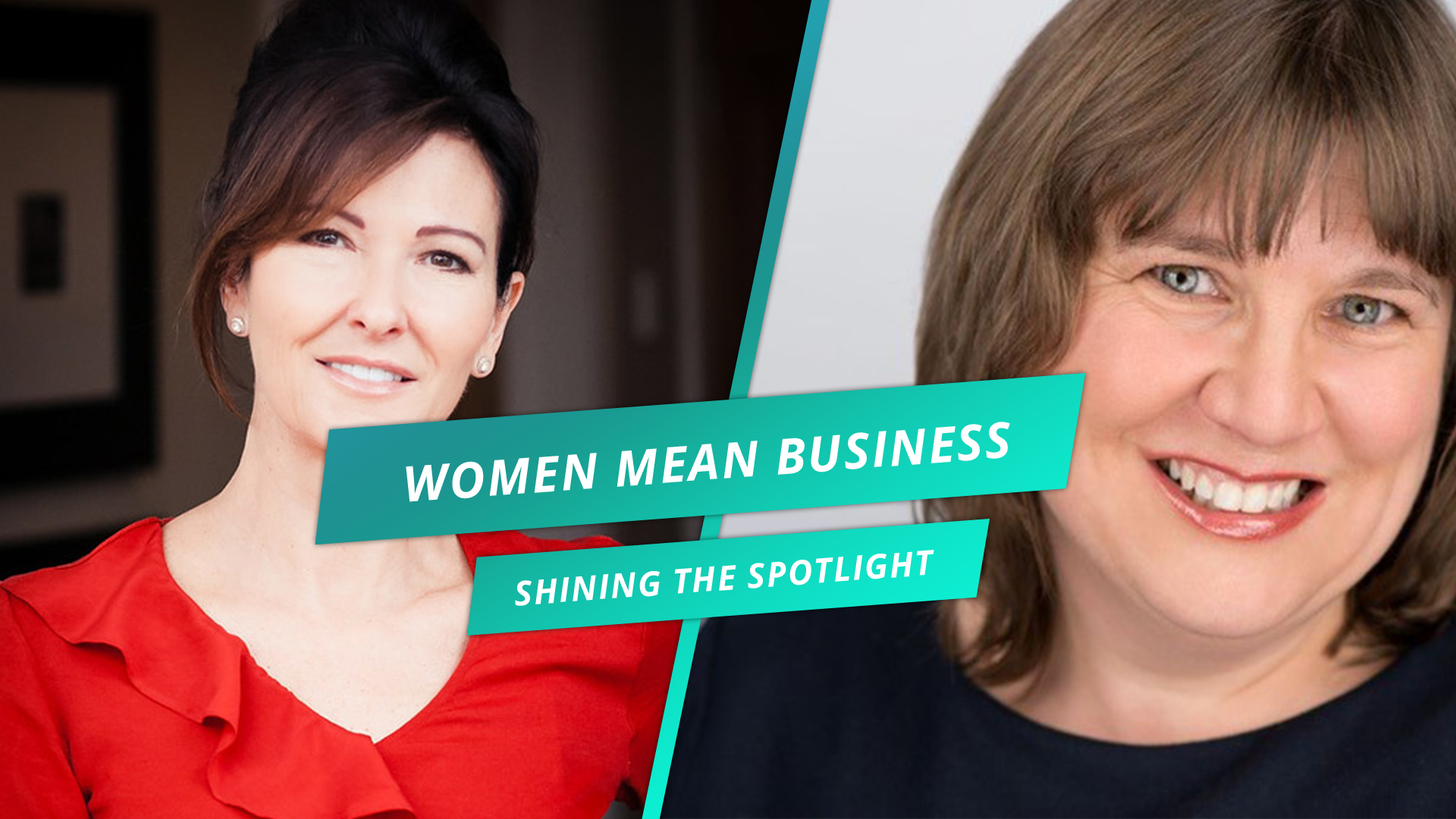Following our ‘Women in Recruitment’ roundtable event we wanted to shine a spotlight on women in business, so we have conducted a series of interviews with successful women in our industry, to hear from them about the challenges they face and what inspires them. Following our ‘Women in Recruitment’ roundtable event we wanted to shine a spotlight on women in business, so we have conducted a series of interviews with successful women in our industry, to hear from them about the challenges they face and what inspires them.
The first interview in the series is with Carol Rosati.
With over 25 years in search, Carol Rosati OBE has championed women in senior leadership for a decade since founding the women’s board network Inspire in 2008 whilst heading up the CFO practice at Harvey Nash. The network grew from 280 to over 8,000 women globally, with chapters in the UK, US, Asia, and Europe. An inspiring leader, coach and mentor to her peers and emerging female talent, Carol has been responsible for promoting women to some of the most senior roles in business. She works with many organisations to promote diversity of thought and better-balanced teams, using her accumulated knowledge to create diverse workforce and inclusive cultures.
She was awarded an OBE in the Queen’s 2015 Birthday Honours List for Services to Women in Business and included in the Global Top 50 D&I professionals list in 2016 and 2017. She is also a Trustee on the UN Women UK National Committee.
Carol is also an independent Non-Executive Director on the Board of Southern Housing, one of the largest housing associations in the South East, where she also is Chair of the Remuneration and Nominations Committee and Chair of Spruce Homes.
Now running her own business called v2 coaching, Carol is passing on her knowledge and expertise to others through 1:1 coaching, workshops, seminars and events. She is also working with a tech start up in the D&I space to build a platform which will change culture from within an organisation though individuals.
Now we have some background information on Carol, let’s dive into the interview to find out more:
Q: What inspires or drives you as a leader?
A: I am driven by a desire to level the playing field and make light bulbs go on – once someone becomes aware of the challenges others face through a different lens and understands the true economic impact of diversity in all its forms, they in turn become advocates, which benefits all of us.
Q: What would you attribute your success to?
A: My dad, a Yorkshire man and as we belatedly realised a real feminist!
His first piece of advice to me was- if you want something bad enough you will always find a way.
I wasn’t treated any differently to my brother and we grew up believing anything was possible, even though my careers advisor told me I could be a nurse, secretary or if I was one of those brainy types, study business administration at college (not university!).
I am known for my tenacity and resilience and I think you must have both if you want to succeed.
Q: After all your success, what challenges do you continue to face?
A: Diversity fatigue – people in power who believe we have achieved gender balance, we haven’t! I prefer to talk about inclusion so that everyone is part of the conversation and enjoy challenging privileged bias.
Q: What have you learned about leadership and entrepreneurial-ship?
A: Collaboration – creating diverse teams brings different ideas and perspectives and engages experts to do things properly – certainly better than you can!
Demonstrate your commitment and inspire your team to keep the faith. Being aware of your own biases will help you become a more inclusive leader. Whatever you do has to be customer centric.
Q: Do you think there are barriers for women looking to climb the ladder?
A: Power is never given up willingly and privileged bias still plays a huge part. However, tenacity and resilience can overcome these, as can communication, self-belief, confidence and humour.
Q: Are there any strategies that can help a woman achieve a more prominent role in a male dominated organisation?
A: Sponsors can help you. They will open doors, introduce you to key people, and encourage you to go for opportunities. Mentors can share their experience and even teach you how to avoid pitfalls. Champions can give you wider coverage externally and coaches will help you focus on your goals and achieve them and walk with you on your journey.
Make yourself visible, say yes and don’t sweat the small stuff and learn how to say no!
Q: Have you ever struggled to achieve work life balance, or achieved it?
A: Since 2006 I have been living in Somerset and working in London, but with a great boss who was more interested in output than presenteeism I have been able to raise my daughters, have a great life and successful career.
The key is communication. You join an organisation as an adult and should be treated as one and act like one! You have to be realistic with yourself, ditch the guilt and work it out – and it does change over time. Today’s workplace should make it easier but won’t if both sides aren’t open. You can have it all but not necessarily all at once.
Q: In your experience, what can a business do to attract and retain female talent?
A: Don’t assume, listen. Each individual brings a different blend of experience and needs and if you are serious about attracting female talent, make your job specs and your mind set more flexible. If a woman has decided to apply, she has probably decided the payback is also worth it to enable her to make her life work.
So, the challenge is to find out the balance and if it works for you too, make it happen.
Q: Do you or have you ever mentored others, and if so what advice would you give to women who are looking to become leaders in a business?
A: I have mentored many people throughout my career but my approach errs towards coaching or a mixture of the two – sometimes people can benefit from your experience but really they are on their own journeys and have their own answers / solutions, which they will take ownership of and learn from far more if they are the originator rather than being told how to fix something.
I would advise women who want to become business leaders to get themselves a mentor, sponsor, coach and champion, and create a board of advisors. Be visible, seize every opportunity, don’t sweat the small stuff and communicate!
Q: Do you have any examples of where a company has got it right?
A: I recorded a series of podcasts with business leaders who found their own way to make it work. There is no silver bullet and one size doesn’t fit all but there are many initiatives out there that work – not grandiose schemes but little steps that take courage.
Q: In your experience what do you think a business can do to encourage diversity?
A: They really should look at their culture. If you don’t make your culture inclusive, any diversity you attract will ultimately leave, as they will feel excluded.
Q: What do you think women can do to promote diversity and improve the situation?
A: This is where I become most animated! We all have a role to play, government, organisations and the women themselves.
We don’t need fixing as we bring valuable skills to the table. We need to remain authentic and bring ourselves to work but whilst the playing field remains strongly male, we need to communicate effectively, including telling not asking and at least know the hidden rules of engagement.
We also need to engage men more so that they recognise, accept and value the role that women play in the economy and workforce.
Together we can be so much stronger!
Share :




